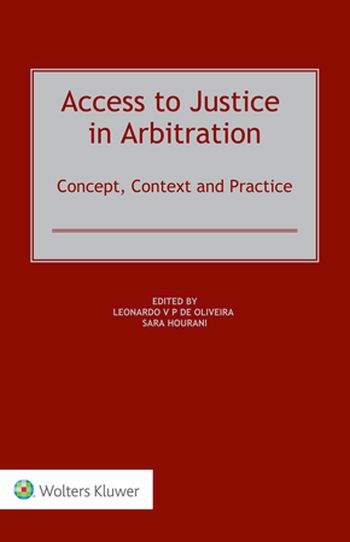
Access to Justice in Arbitration is a compendium of essays by arbitral practitioners, academics, and arbitral institution officials presenting, for the first time, an in-depth analysis of the role access to justice plays in arbitration. The exponential growth of arbitration beyond commercial and investment matters, reaching disputes that have traditionally been decided by courts – such as labour and employment, sports, and competition disputes, and those involving human rights violations – raises questions about the impact of this expansion on access to justice. On the whole, this pioneering book assesses how access to justice can be guaranteed in arbitration and, in particular, shows how access to justice works in various types of arbitration.
What’s in this book:
The book and its contributions will be of immeasurable value in determining the practical application of such concerns as the following:
The conclusive three chapters shed light on access to justice under the rules of arbitral institutions as revealed by studies of the World Intellectual Property Organisation, the Singapore International Arbitration Centre, and the International Centre for Settlement of Investment Disputes.
How this will help you:
Arbitration imparts a final, binding decision that can be challenged on minimal grounds; thus, with arbitration settling disputes that had initially been a prerogative of the judiciary, securing fairness in such procedures is paramount to the survival of arbitration. Considering this, arbitration practitioners, institutions, and academics will appreciate this deeply informed analysis and commentary on a vital aspect of a highly significant and rapidly evolving area of practice.